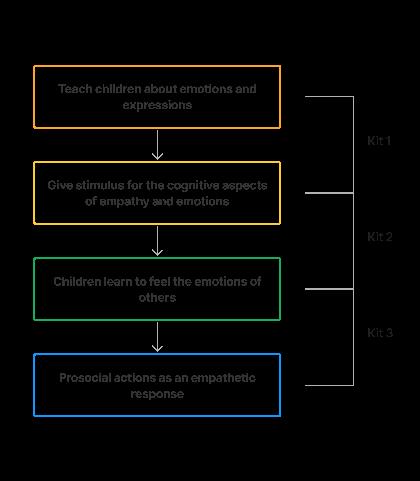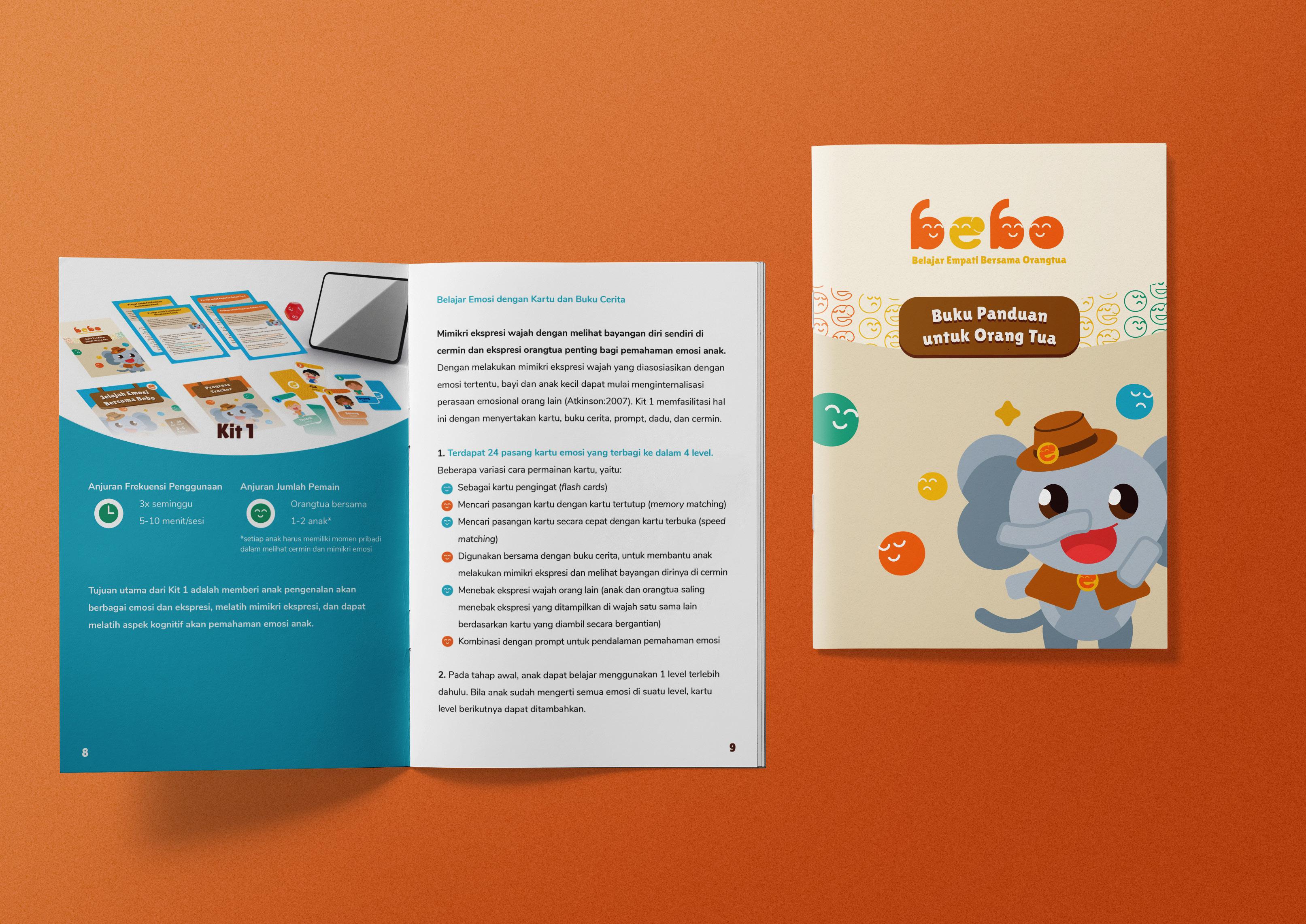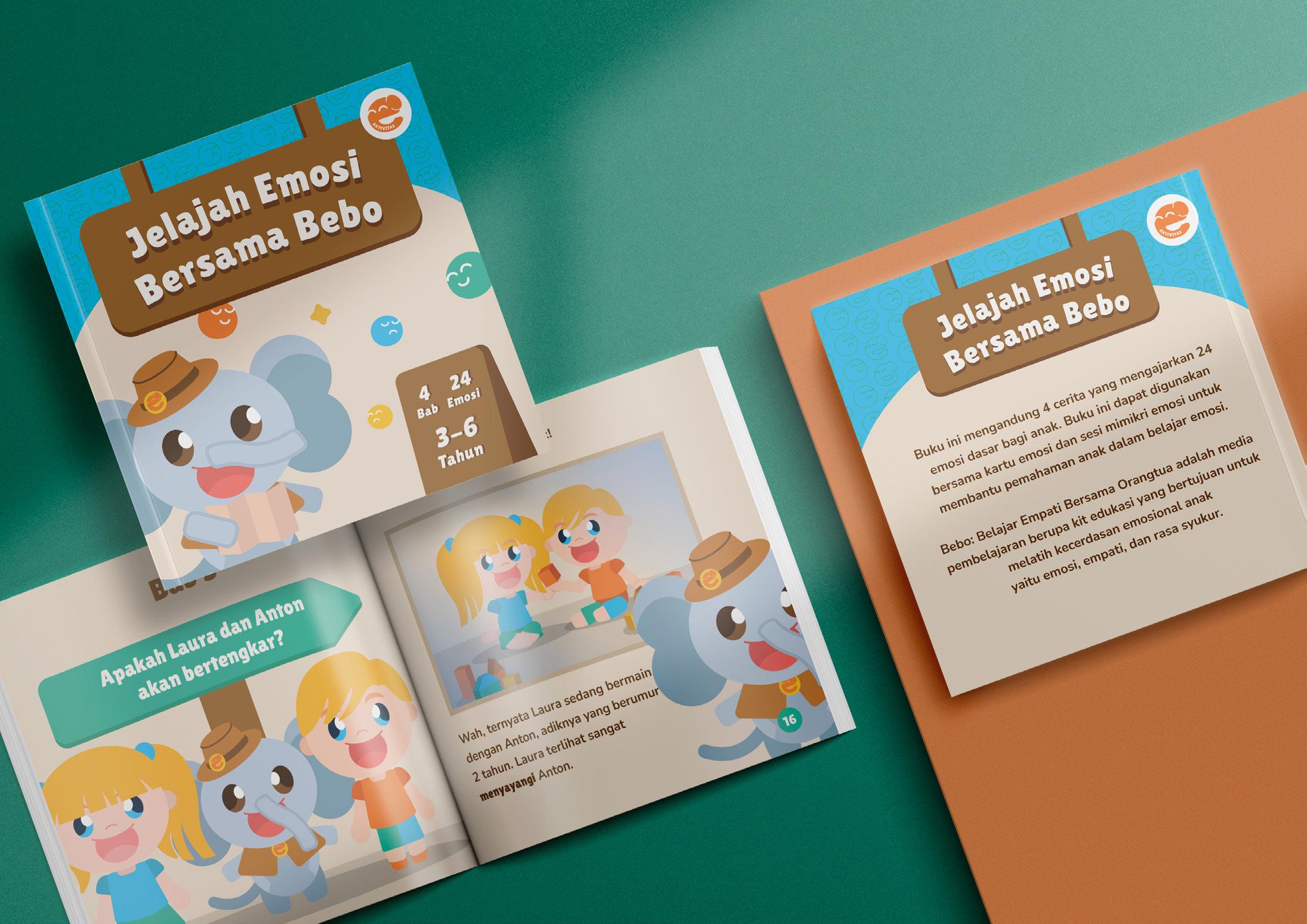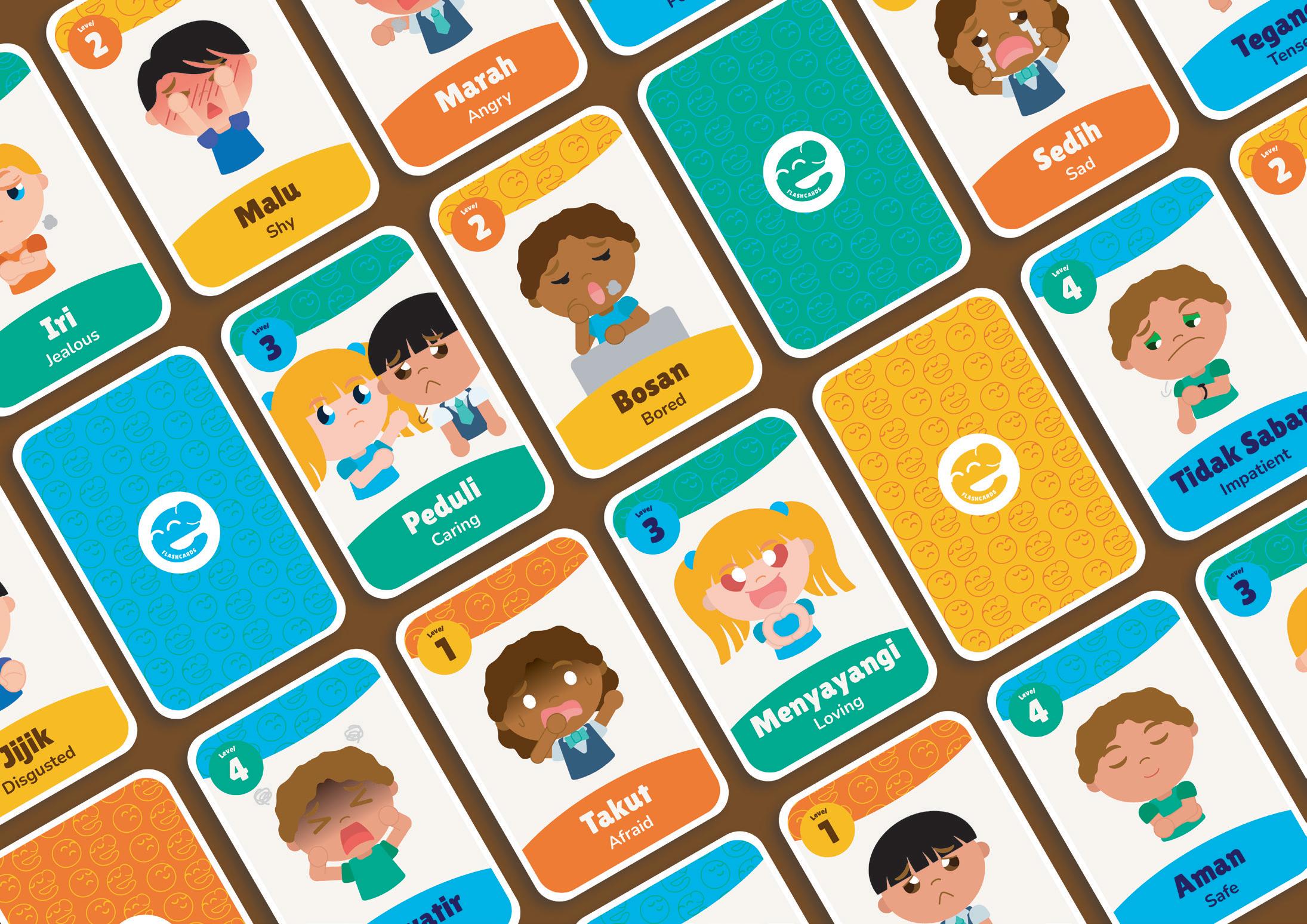
1 minute read
SO HOW DO WE CULTIVATE EMPATHY AND GRATITUDE?
For preschool-aged children, the process of learning empathy begins with expression mimicking and imitation as the frst step toward allowing children to internalize the feelings of others. Children can begin to learn about cognitive explanations of emotions and events experienced by others once they have practiced mimicking. Asking questions to children can be a good sort of stimulus because it trains their ability to think critically and think about each other.
After understanding their own emotions, children will start to recognize and feel the emotions of others. Finally, as a response to recognizing other people’s problems or emotions, children will demonstrate prosocial behaviors such as helping. Empathy and gratitude will affect one another, thus children can demonstrate actions as the empathetic response through gratitude training.
Advertisement
Five design criteria were determined after the research process. To aid in the development of empathy in children, the product should introduce them to emotions and facial expressions, allow them to interact with their parents, be fexible, focus on visual elements, and incorporate other developmental aspects to balance the learning process.
The recommended design solution is a set of three education kits to help preschoolers develop empathy and gratitude. The product is called Bebo, which stands for “Belajar Empati Bersama Orangtua”, meaning “learning empathy with parents”. All aspects of empathy, including thoughts, feelings and actions, are targeted by this product. This is to ensure that empathy can be fully fostered in children, resulting in prosocial behaviors and gratitude.
The product must be used in close collaboration with parents, as the parent-child relationship is critical in assisting children in developing a secure attachment to their parents as well as empathy.
Bebo is designed with the goal of providing children with a holistic learning experience. While Bebo focuses on empathy and gratitude, training other developmental areas such as cognitive, fne motor, and so on are also included.
The product has been subjected to user testing and has been shown to increase the collective empathy level in children. A variety of positive prosocial behaviors after using the product were also reported by parents. Overall, Bebo met the design criteria and is recommended as a design solution.
This research aims to design an education kit to help foster empathy and gratitude in children. The recommended design approach has achieved this goal, as evidenced by the user review process, which demonstrates that children’s empathy levels increase after using the product. This study is expected to serve as a framework for raising awareness and, ideally, halting the degeneration of empathy in society by cultivating empathy in the next generation.



DAVID WIDYANTO, S.Sn., M.T.

mardyyy8@gmail.com










